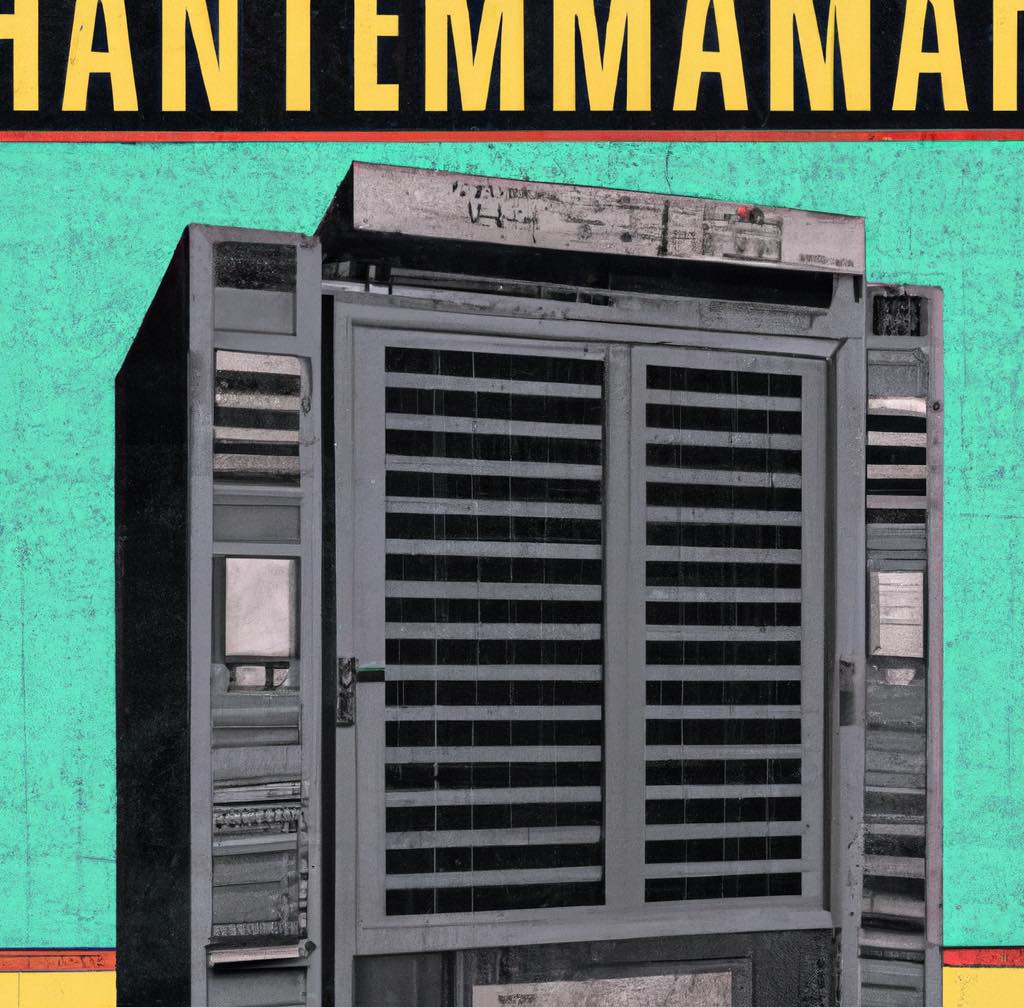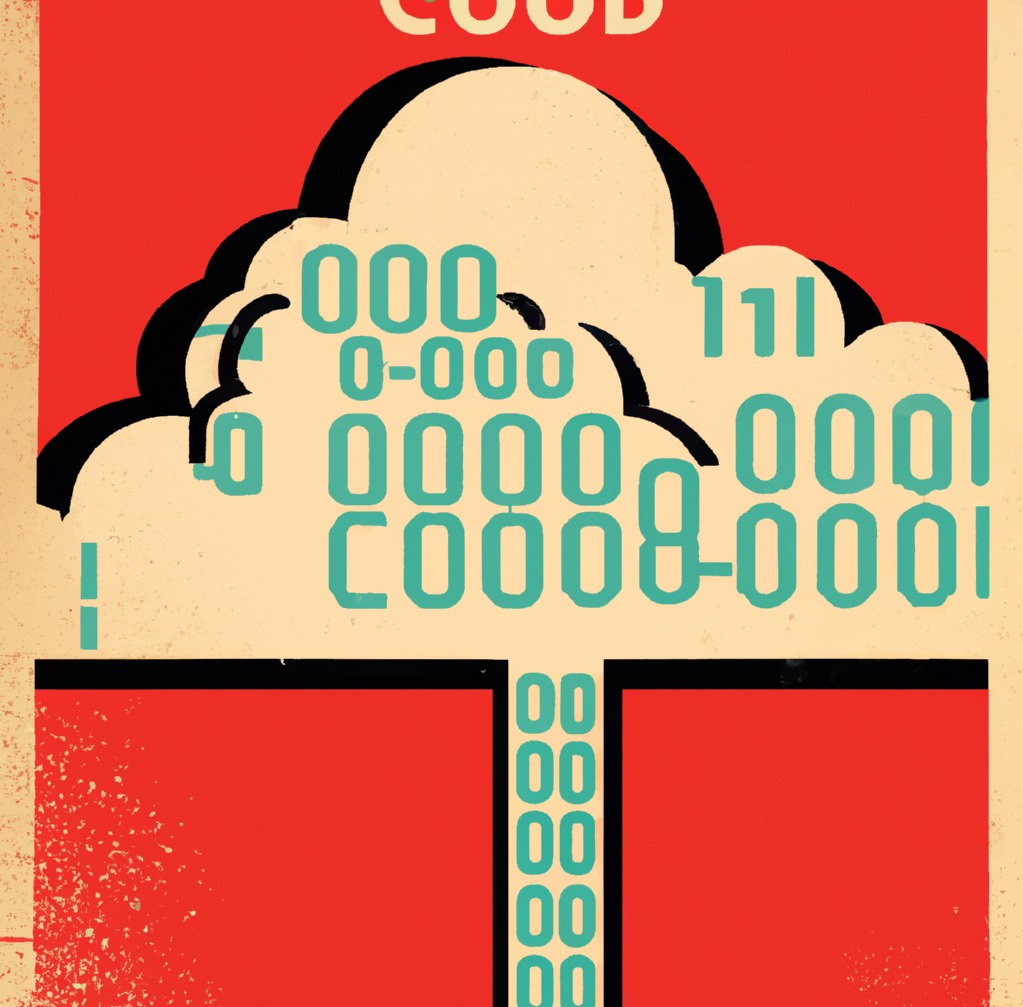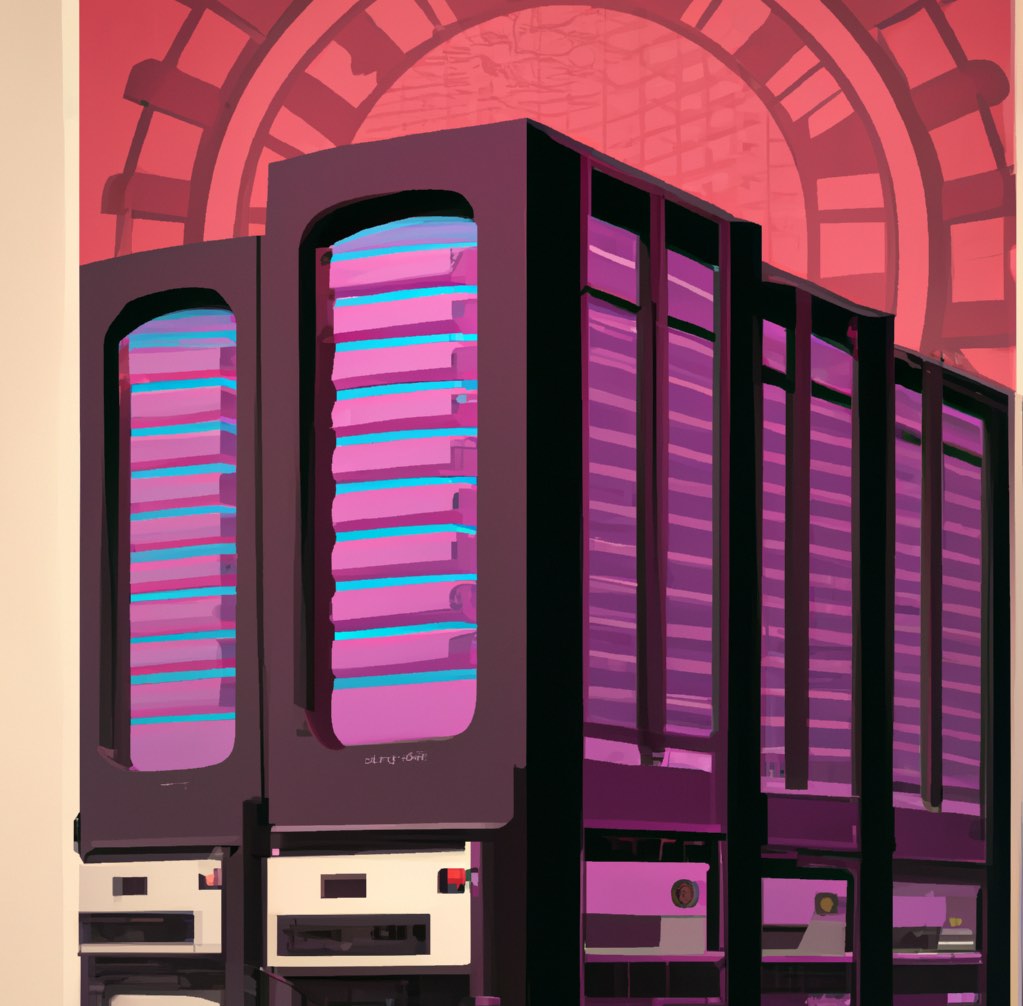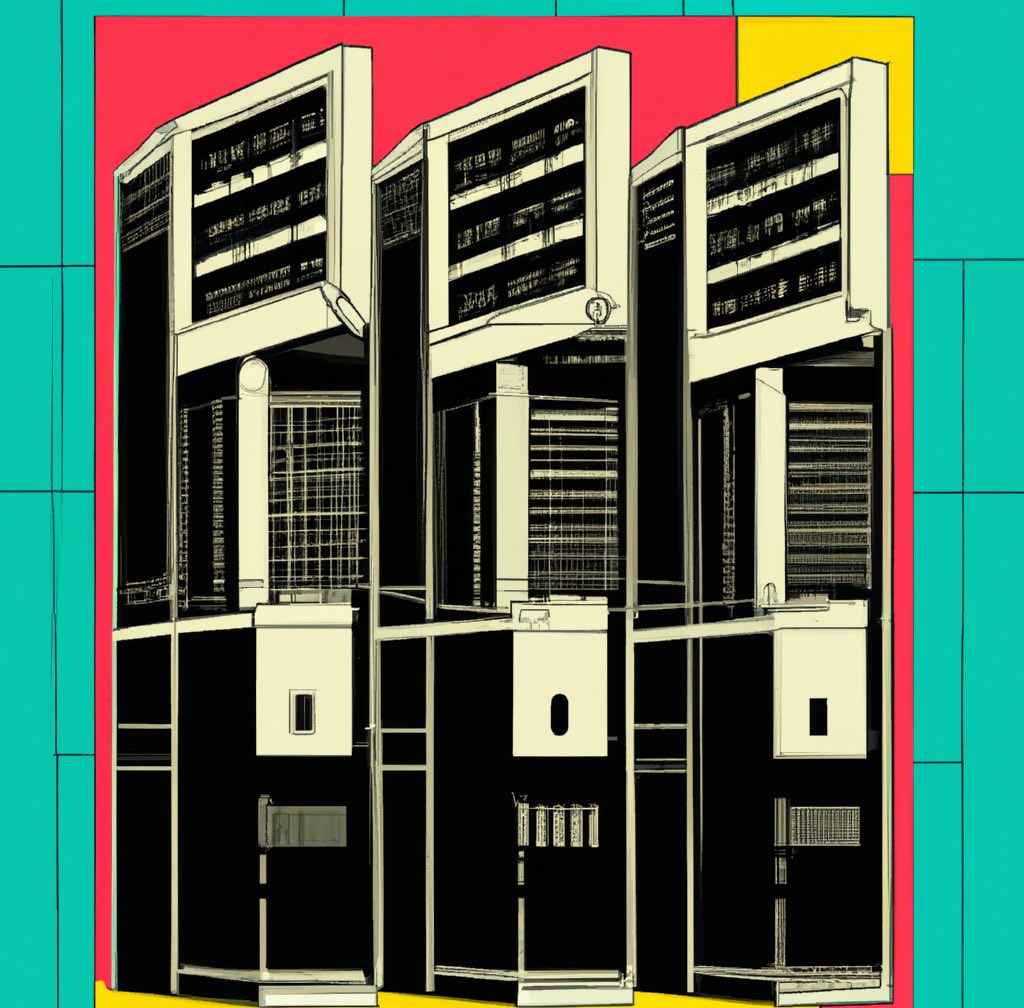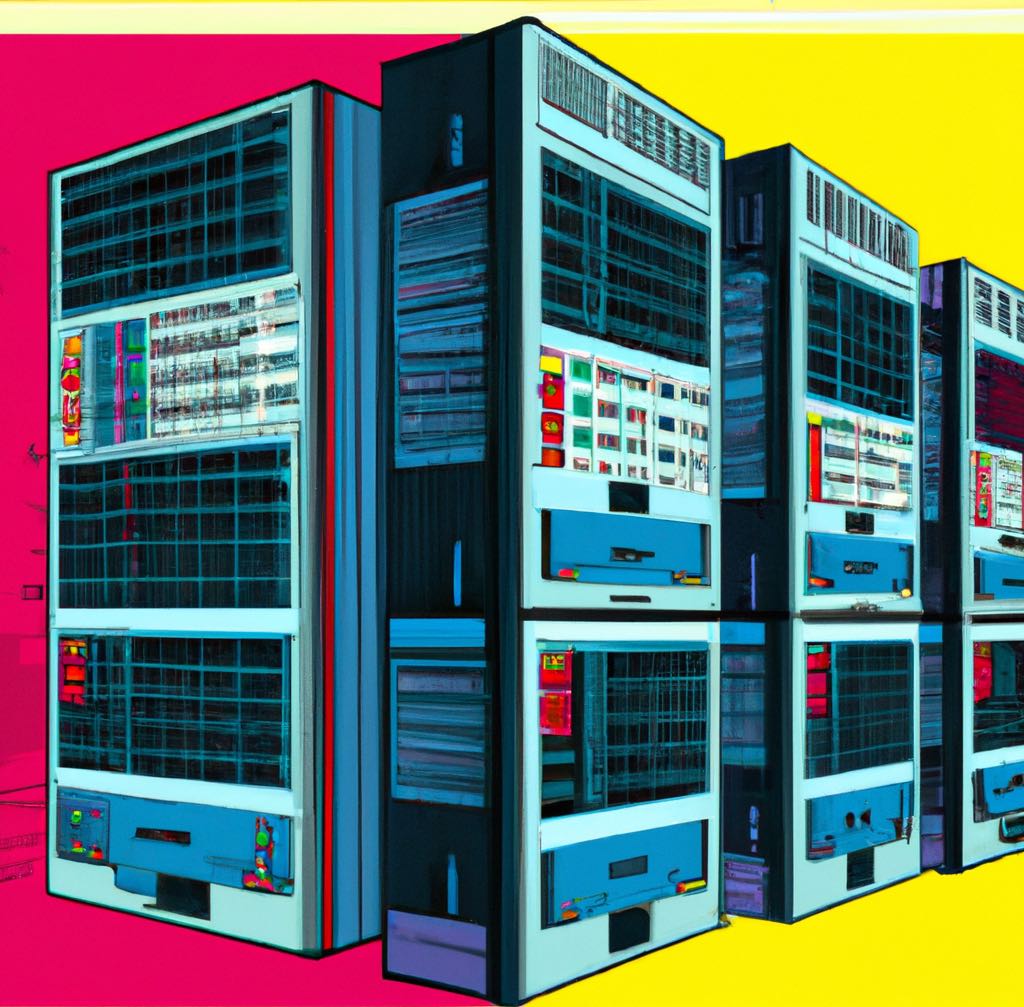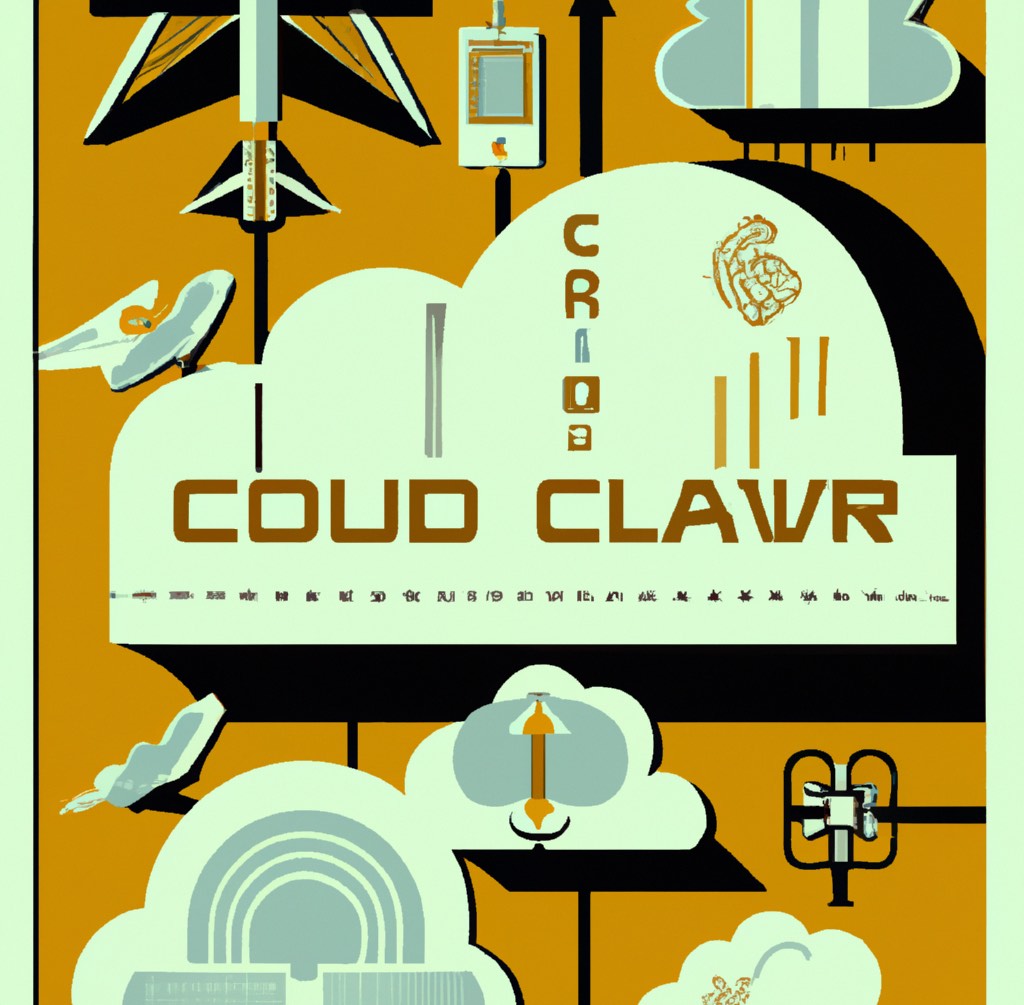-
What are the challenges faced when migrating to the cloud from on premises infrastructure?
Migrating from on-premises infrastructure to the cloud can present a number of challenges, including: By addressing these challenges, organizations can ensure a smooth and successful migration to the cloud, and take full advantage of the benefits that the cloud has to offer.
-
What is the difference between Kubernetes and Docker?
Kubernetes and Docker are both tools that are commonly used in the deployment and management of containerized applications, but they serve different purposes. Docker is a containerization platform that allows developers to package and deploy their applications in a consistent and portable manner. It provides a command-line interface and a set of APIs that developers…
-
What is the Cloud Native Landscape?
The Cloud Native Landscape is a classification system for cloud-native technologies and platforms, created and maintained by the Cloud Native Computing Foundation (CNCF). It provides a comprehensive overview of the cloud-native ecosystem, including projects and tools for container orchestration, service discovery and load balancing, continuous integration and delivery, and more. The Cloud Native Landscape is…
-
What’s the difference between Kubernetes, Airflow, Docker, Terraform and Lambda?
Kubernetes, Airflow, Docker, Terraform, and AWS Lambda are all different technologies, but they are often used together to build and deploy applications in a cloud-native environment.
-
What are serverless computing services?
Serverless computing is a cloud-computing execution model in which the cloud provider is responsible for managing the infrastructure and provisioning the necessary resources for running the code, while the customer pays only for the resources and time consumed by their specific application. Serverless computing services allow developers to run their code without provisioning or managing…
-
What is Docker?
Docker is a containerization platform that allows developers to package and deploy their applications in a consistent and portable manner. A container is a lightweight, standalone, and executable package of software that includes everything needed to run the application: code, runtime, system tools, libraries, and settings. Containers allow developers to package and distribute their applications…
-
What is Kubernetes?
Kubernetes is an open-source container orchestration system. It is designed to automate the deployment, scaling, and management of containerized applications. Containers are a lightweight way of packaging and deploying software, they bundle all the necessary dependencies and configurations into one package making it easy to move and run the application on any infrastructure. Kubernetes provides…
-
What a the main cloud computing tools for developers?
There are many cloud computing tools available for developers, but some of the most popular include: These are just a few examples of the many cloud computing tools available for developers. Each tool has its own unique set of features and capabilities, so it’s important to evaluate the specific needs of your organization and choose…
